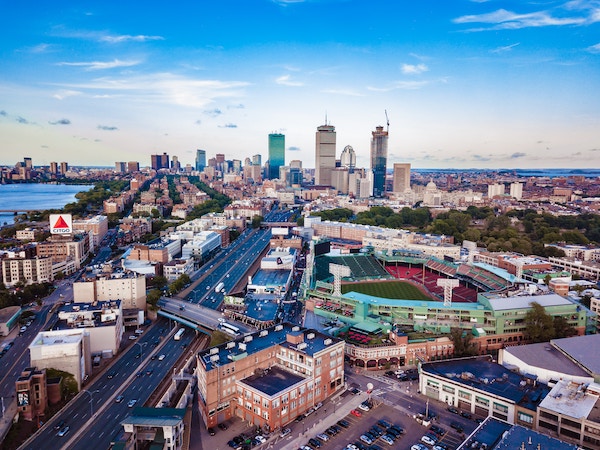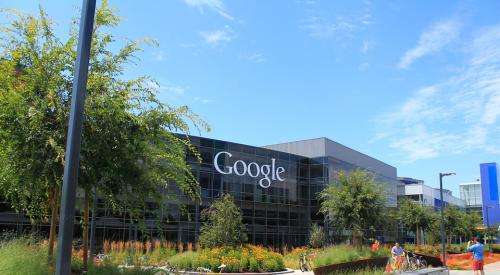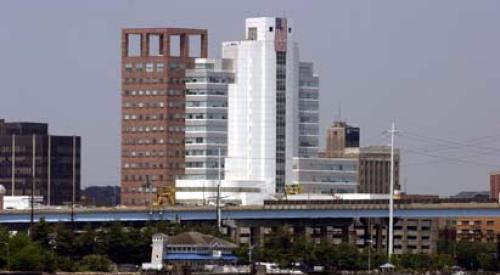Out of hundreds of U.S. cities, a mere five hold 90 percent of all high-tech job growth in the last decade. Because tech thrives on a high-density of ideas and resources, which leads to innovation, there is quite a bit of incentive for tech companies to set up shop in established hubs such as San Francisco, Seattle, and Boston. But this high concentration is a double-edged sword: Cities that are not tech hubs are missing out on economic opportunities, but the tech-heavy ones struggle with crushing housing costs.
The forces that are driving the nation’s top technology talent to just a handful of cities have intensified in recent years, leaving much of the nation behind as the U.S. becomes a more digital economy, according to a new study.
Just five metropolitan areas—Boston; San Diego; San Francisco; Seattle; and San Jose, Calif.—accounted for 90% of all U.S. high-tech job growth between 2005 to 2017, according to the research by think-tank scholars Mark Muro and Jacob Whiton of the Brookings Institution and Rob Atkinson of the Information Technology and Innovation Foundation.
The nation’s 377 other metro areas accounted for 10% of the 256,063 jobs created during that period in 13 high-tech industries such as software publishing, pharmaceutical manufacturing and semiconductor production. Among the smaller cities that gained tech jobs were Madison, Wis.; Albany, N.Y.; Provo, Utah; and Pittsburgh.













